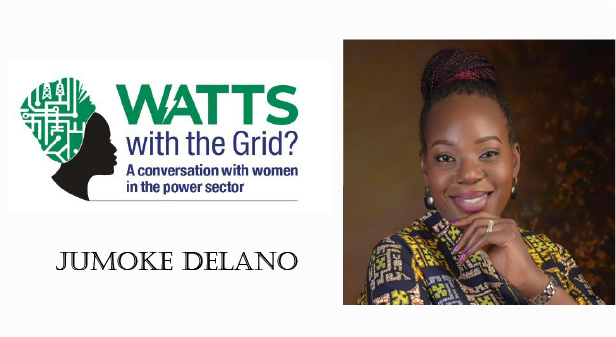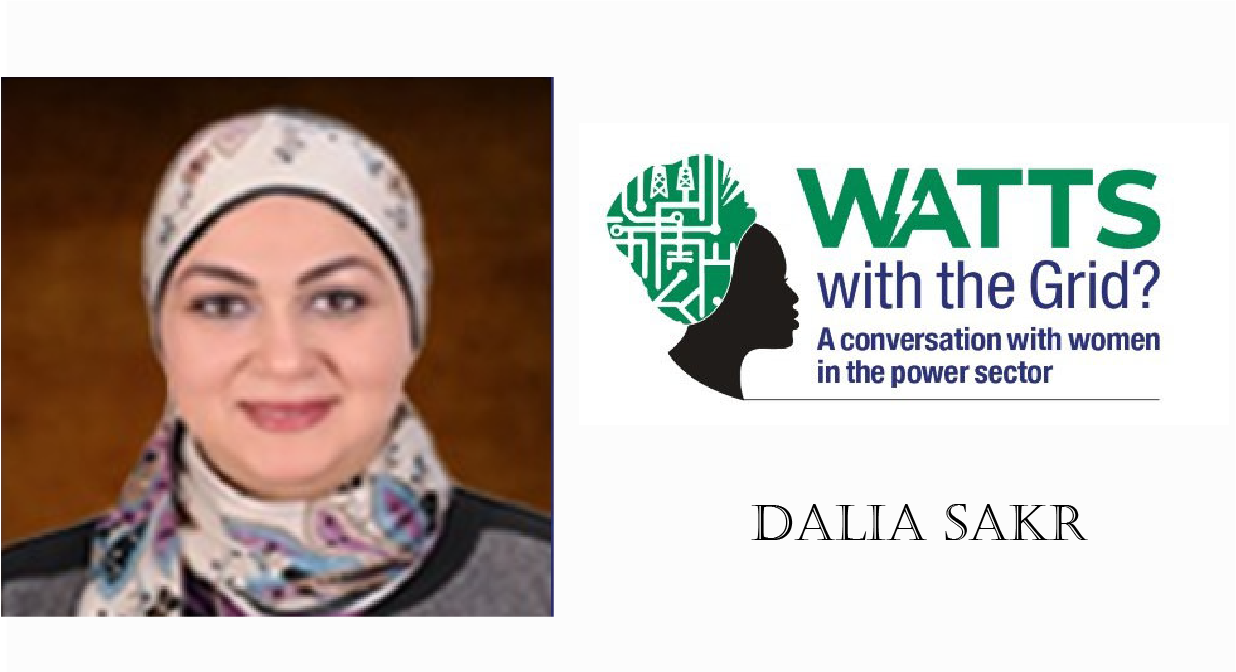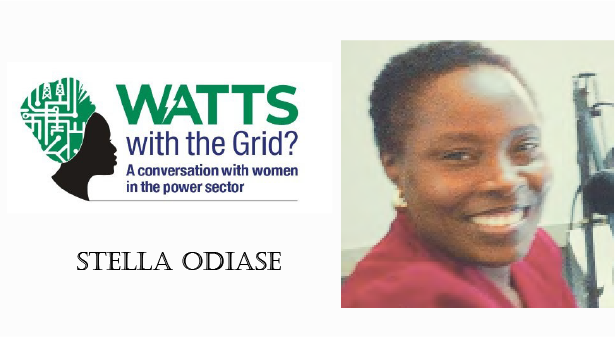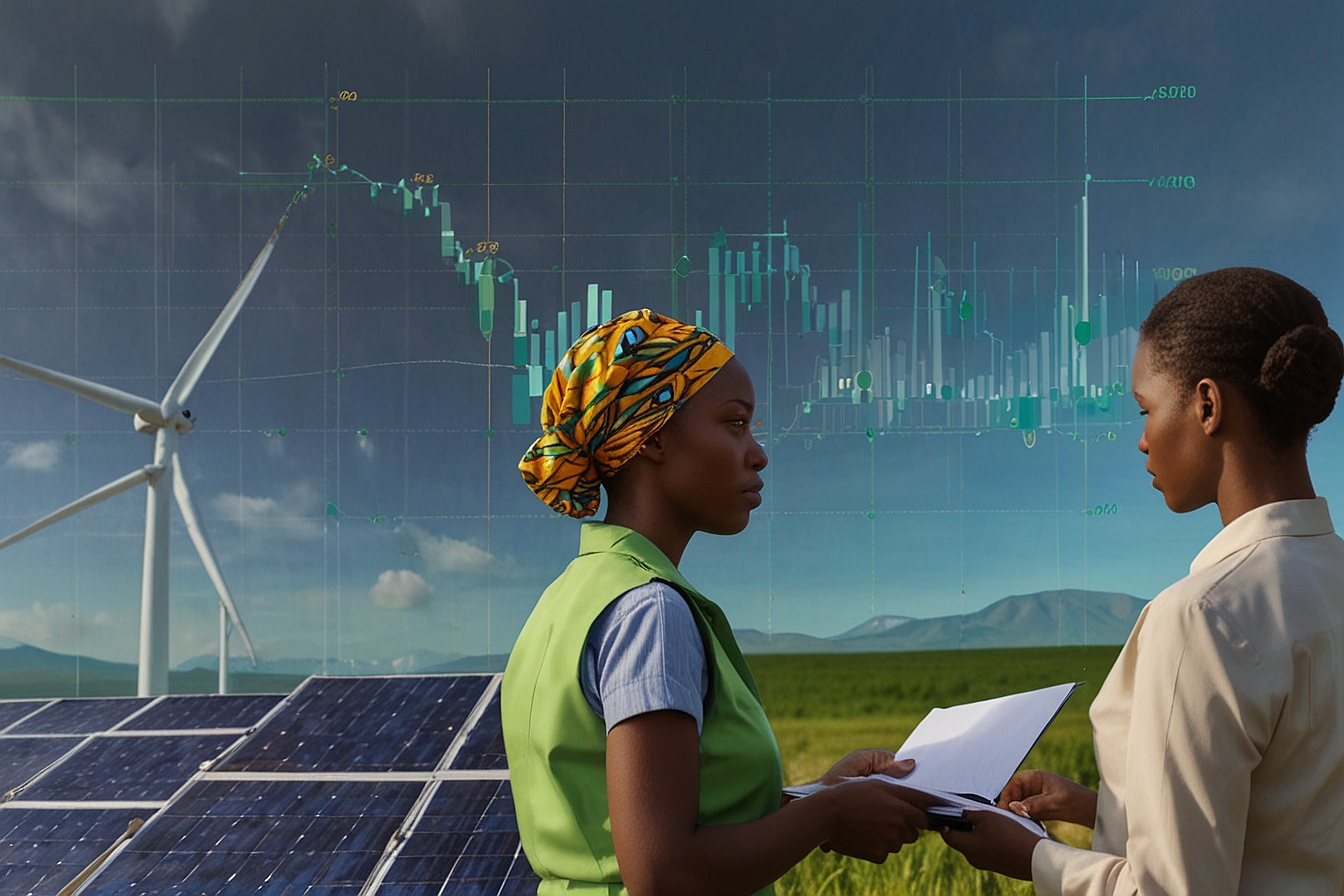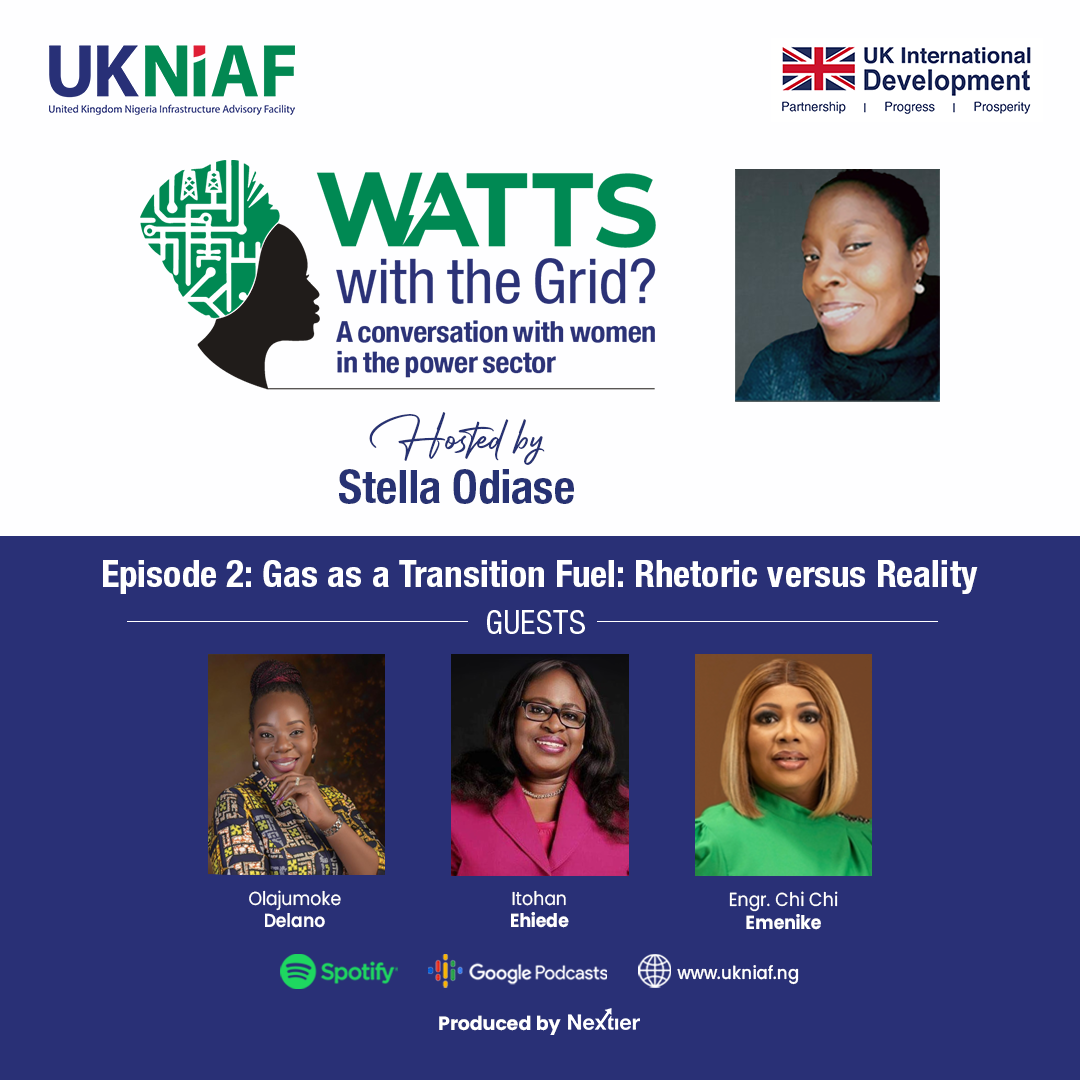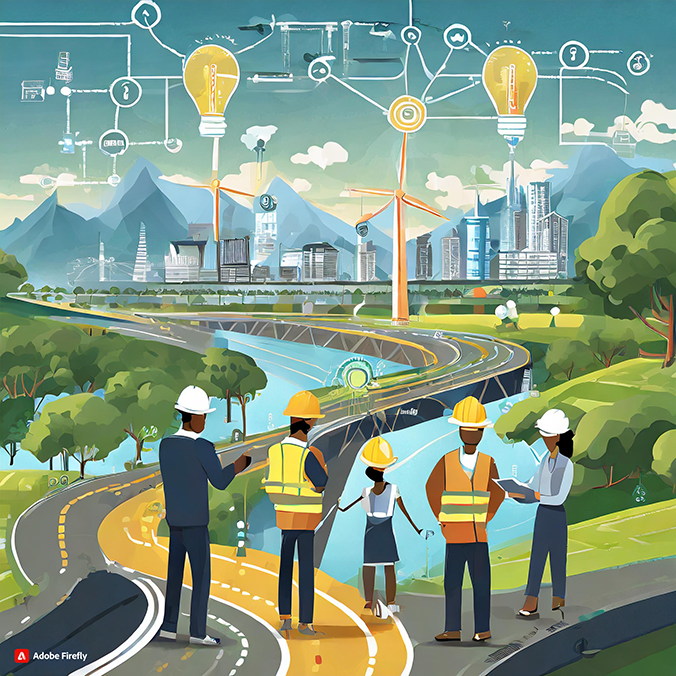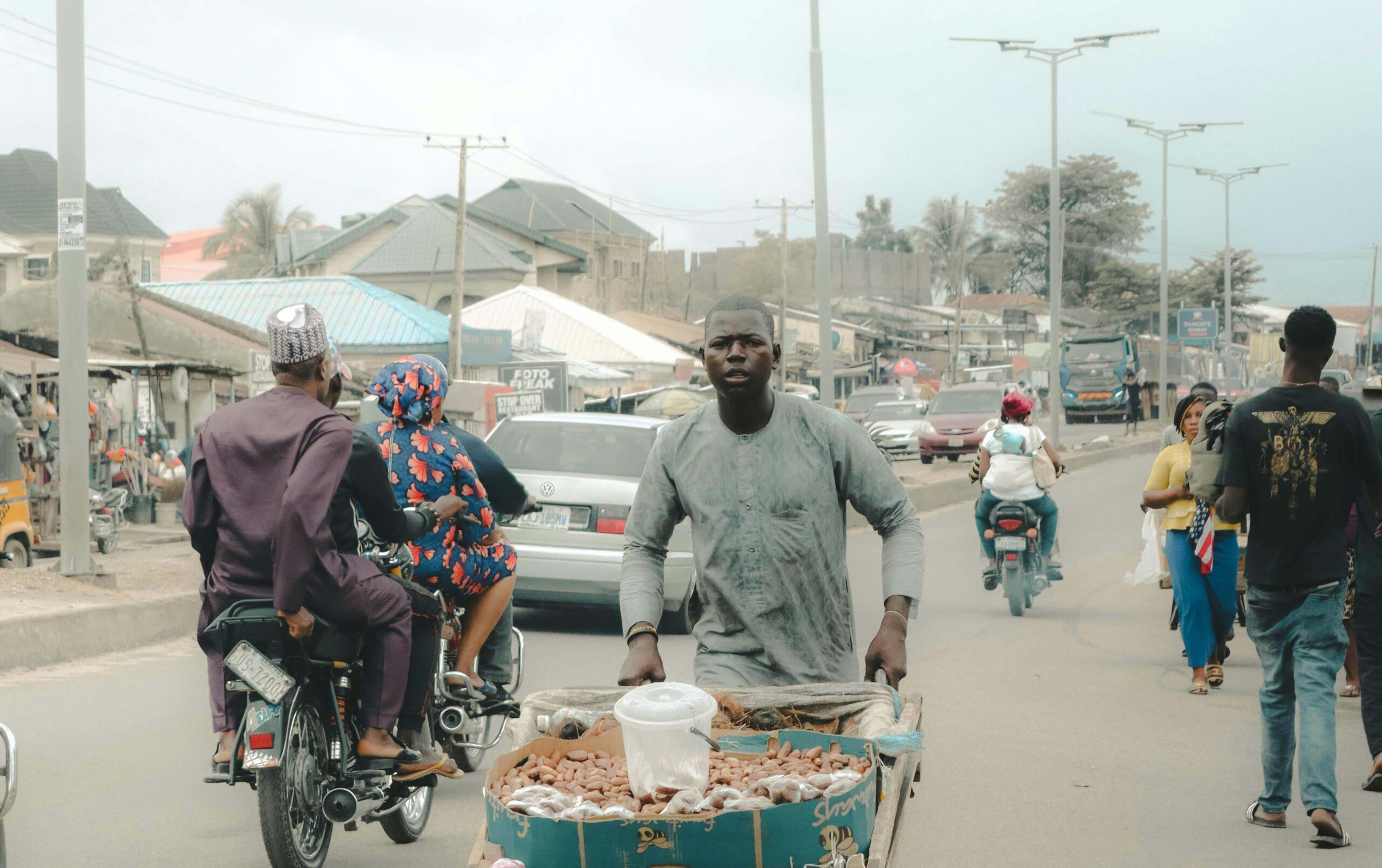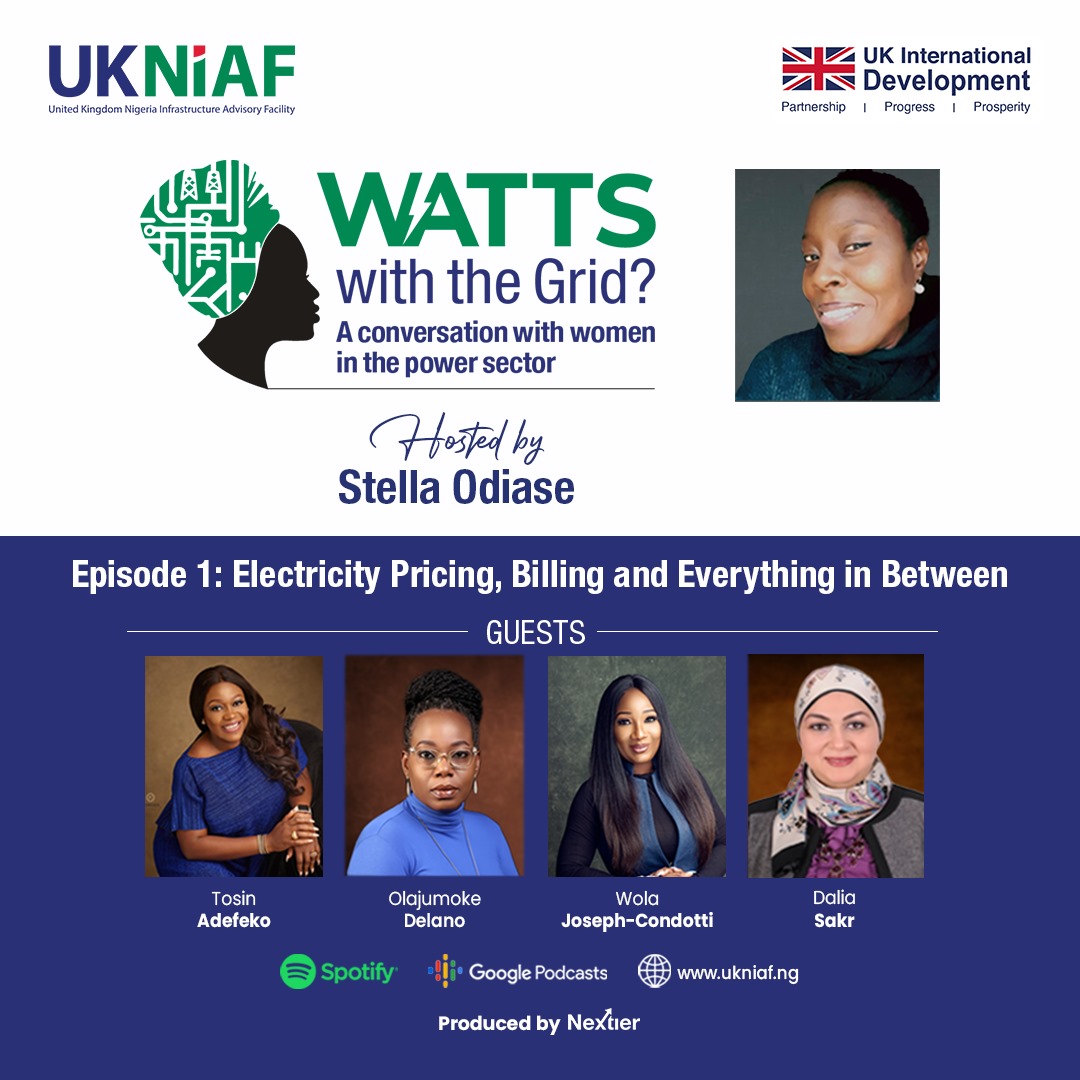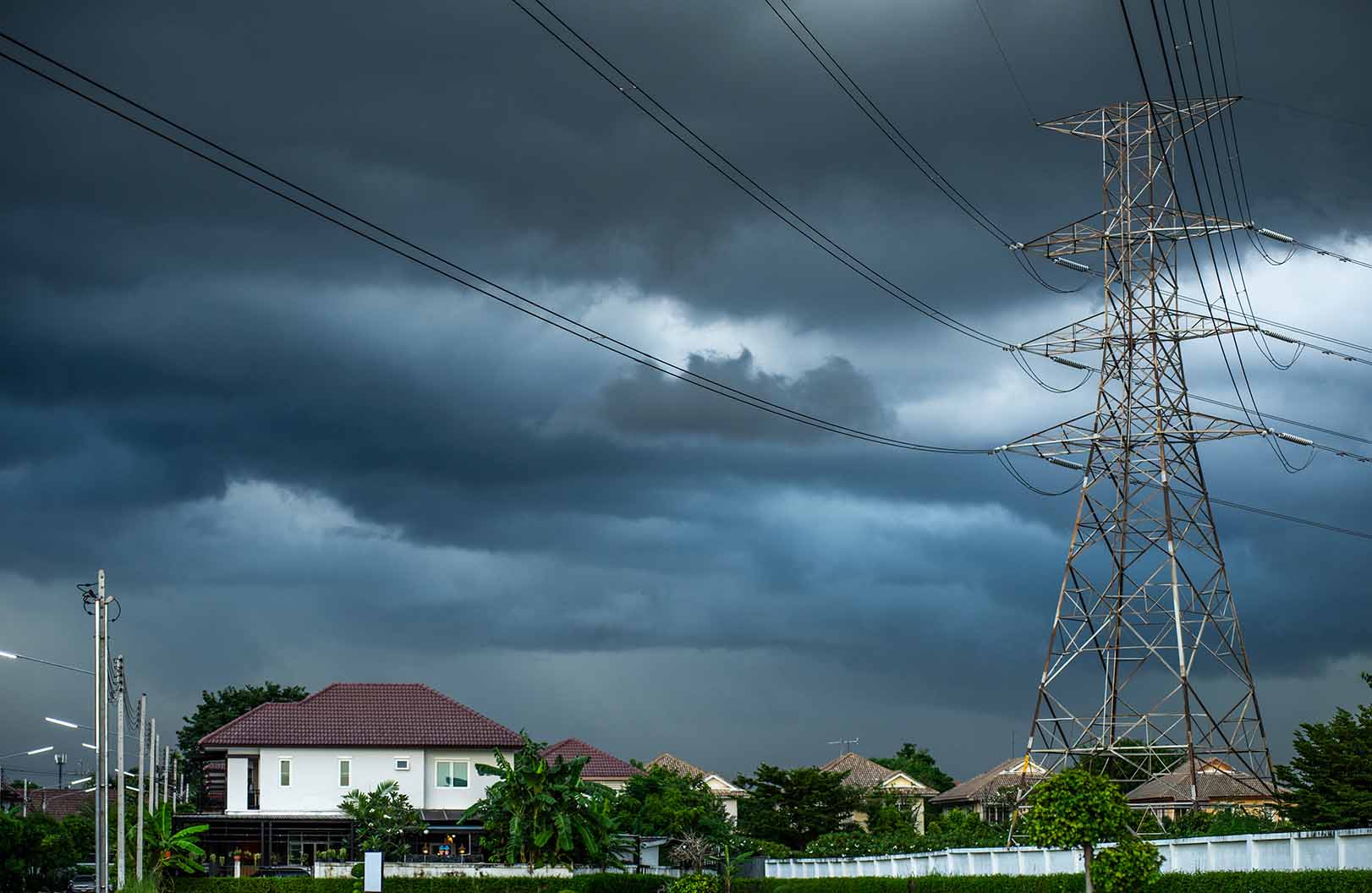What was COP28 about?
COP28, the 28th Conference of the Parties to the United Nations Framework Convention on Climate Change (UNFCCC), marked a critical juncture in global cooperation on climate action. This pivotal conference was tasked with taking stock of progress made to date in achieving the objectives of the 2015 Paris Agreement, especially its goal to limit warming to 1.5 degrees Celsius. COP28 intended to go beyond identifying ongoing climate challenges, instead reinforcing international commitments to reduce greenhouse gas emissions, strengthen resilience and adaptation efforts and to enhance sustainable and renewable energy practices.
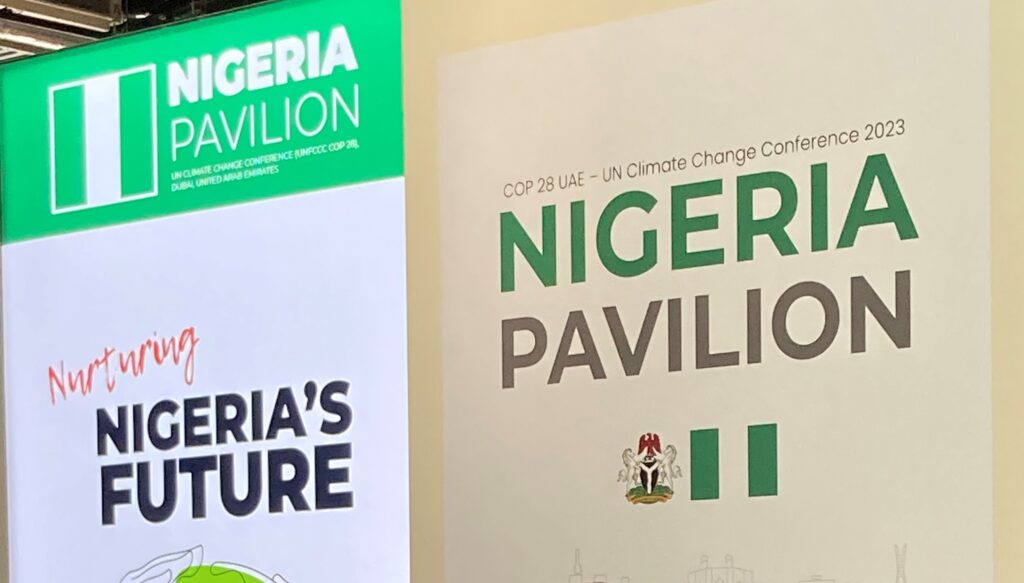
What was Nigeria’s role?
Nigeria is the second largest African oil and gas producer, and the sixth largest in OPEC. Its export economy and tax revenue are dominated by the fossil fuel industry and the country walks a delicate path between economic development and environmental stewardship, as seen in its NDC goals which has ambitious goals. Against a backdrop of significant macro-economic upheaval, the government has moved to recognize the centrality of action on climate change and just transition.
In this light, Nigeria’s stance at COP28 was a blend of advocacy for equitable climate finance, proactive planning for energy transition, and navigating the complexities of global climate politics. Its overall approach was shaped by the principle of Common but Differentiated Responsibilities and Respective Capabilities (CBDR-RC), considering the varying capabilities and historical contributions of countries to climate change.
At COP, Nigeria was represented by several state governors and cabinet members. Nigeria alongside other African nations, called for a just transition that recognised the country’s developmental needs and the importance of support from developed countries in terms of technology transfer and climate finance. This stance was crucial in advancing the discourse around the Loss and Damage Fund and the broader conversation about climate justice.
Recognising the need to transition away from fossil fuels, Nigeria is seeking investments to decarbonise its energy sector while still seeking to leverage its gas resources. This represents a risk which attracted some criticism from some investors and from supporters of a faster transition. Nigeria secured several agreements between agencies and investors and other stakeholders, to assist Nigeria to implement a just energy transition.
UKNIAF’s work has highlighted the need for more robust financial mechanisms to support countries like Nigeria in their energy transition and adaptation efforts.
UKNIAF is involved in discussions and planning to establish a carbon market in Nigeria, including the development of a national carbon market strategy, emissions trading scheme, and carbon registry.
What did UKNIAF do?
At COP28, we supported Nigeria’s position on improving access to sustainable energy and strengthening climate resilience. UKNIAF’s involvement was marked by its active participation in several key areas of negotiation and discussion, reflecting its commitment to fostering sustainable development and climate action.
UKNIAF was represented at the Nigeria pavilion, where several side events on climate finance were held, including a presentation by the programme. These sessions, provided valuable insights and platforms for discussion among Nigerian delegates. UKNIAF’s presence underlined its role in informing and advancing dialogues and potential partnerships focused on climate finance and sustainable energy practices.
Our engagement at COP28 focussed on the principles of Common but Differentiated Responsibilities and Respective Capabilities (CBDR-RC) and just transition arguments. This underscores the need to address unique challenges faced by Nigeria and other developing countries in balancing economic growth and environmental sustainability.
UKNIAF has been supporting the Government of Nigeria for three years a to increase volumes of climate finance. UKNIAF’s work has highlighted the need for more robust financial mechanisms to support countries like Nigeria in their energy transition and adaptation efforts. Climate finance is expected to play an even larger role at COP29 in Baku, November 2024. Our work also extends to carbon markets. The lack of agreement around Article 6 at COP28, which deals with the establishment of international carbon markets, poses challenges for Nigeria. But the drive towards the development of a carbon market continues at home. UKNIAF is involved in discussions and planning to establish a carbon market in Nigeria, including the development of a national carbon market strategy, emissions trading scheme, and carbon registry.

What is the Loss and Damage Fund?
Advancing the Loss and Damage (L&D) Fund represented a landmark decision, addressing a long-standing demand of developing countries, including Nigeria. The Fund, established at COP26, aims to provide financial assistance to nations most severely impacted by the effects of climate change, particularly those facing irreversible damages and losses.
The Fund’s initial commitments fell short of the vast requirements. With a starting pledge of $700 million, it contrasted starkly against the estimated $400 billion needed annually to cover global L&D costs. This disparity highlighted the ongoing challenge in mobilising adequate financial resources for climate-related damages.
What next?
Notwithstanding the complexities of multilateral negotiations, some momentum towards a more sustainable future was evident at COP28.
Major challenges remain. The commitments to reduce emissions in the oil and gas sector, as signified by the Nigerian National Petroleum Corporation’s pledge, mark a significant step, but the journey is far from over, and these and other internal tensions need to be negotiated. Developing countries increasingly feel empowered to represent their national circumstances, needs and ambitions. Nigeria’s growing and active participation reflects this. Aligning national goals with the need for a rapid, just transition will need to build on broad engagement. This will enable Nigeria to play a more confident, prominent role in representing its own and its African neighbours’ interests.
Nigeria may also want to look to consolidate, and more effectively coordinate its climate agenda from a national perspective. This will serve well in presenting a single vision and path to the international community and potential investors. Together with its prominence in the developing world, this position would serve Nigeria in being seen as a voice and agent for other developing states working towards a just transition.
For UKNIAF and its stakeholders, the way forward involves not just acknowledging these commitments and hurdles but actively engaging in appropriate solutions that deliver both national priorities and climate outcomes. The call to action is clear: to collaboratively work towards priority actions, effective implementation of pledges, and implement an equitable and inclusive transition.

